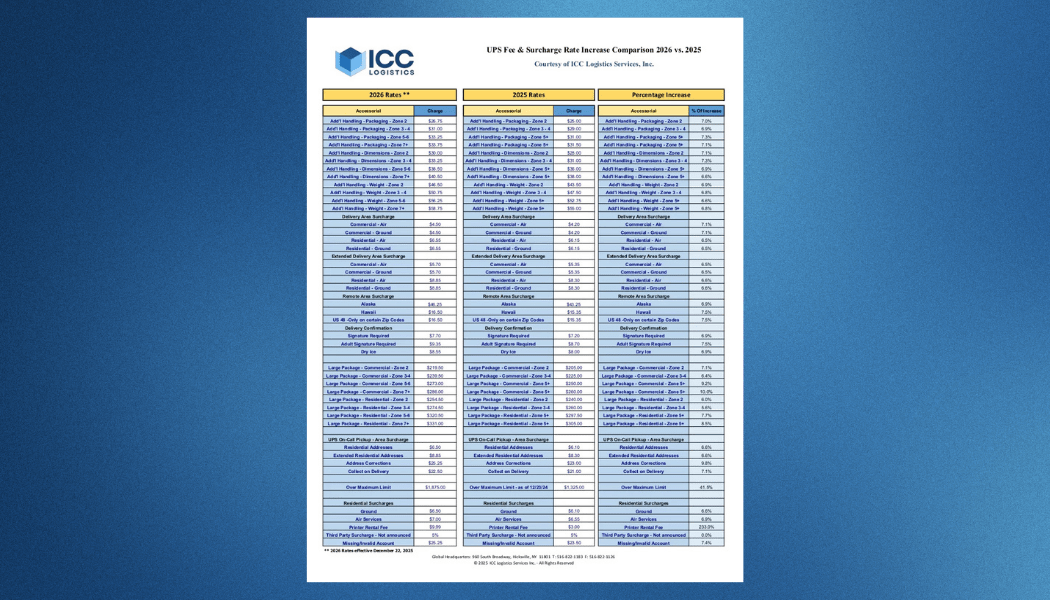The logistics sector, a complex web of moving parts and critical data flows, faces significant vulnerabilities due to inadequate data capture. This issue is not just about inefficiency; it represents a financial black hole, potentially draining an average of $12.9 million annually from businesses due to substandard data quality.
The Costly Consequences of Poor Data Capture:
The ramifications of inadequate data capture are extensive. Mislabeling products and inventory discrepancies lead to inflated operational costs and slow decision-making. This necessitates a shift toward more effective data capture strategies to prevent further financial hemorrhage.
Harnessing Analytics for Strategic Advantage:
Predictive analytics and big data have become essential tools for supply chain managers, offering the ability to sift through vast datasets and improve logistics operations. These technologies foster better carrier selection, enhanced risk management, and provide the agility to respond to market dynamics in real-time, ensuring competitive advantage.
The Ripple Effect of Data Capture Failures:
Despite 41% of logistics professionals prioritizing data analysis, the effectiveness of these analytics is often undercut by poor data capture practices. Substandard data collection acts as a bottleneck, distorting essential information flows and leading to strategic missteps such as inefficient carrier routes and inaccurate risk assessments. These errors threaten both immediate operations and long-term strategic positioning in a data-centric industry.
Operational Inefficiencies and Their Impact on the Workforce:
Errors in data capture multiply operational inefficiencies, escalating costs, and reducing profit margins. Beyond financial impacts, these inefficiencies contribute to employee burnout, highlighting the necessity for improved data systems. Enhancing data capture not only supports financial health but also improves job satisfaction and compliance, fostering a resilient, employee-friendly logistics environment.
AI and Machine Learning: Pioneers of the New Frontier:
The adoption of AI and machine learning in logistics transcends traditional upgrades, marking a significant shift towards advanced demand forecasting and risk management. By 2028, the AI in logistics market is projected to reach $17.5 billion, reflecting the transformative impact of these technologies on industry profitability and resilience.
Embracing Change for Enhanced Profitability:
The logistics industry cannot afford to overlook the critical issue of poor data capture. Embracing technological advancements in data analysis is essential for navigating market unpredictability and securing a profitable, sustainable future.



 to receive our FREE white papers:
to receive our FREE white papers: